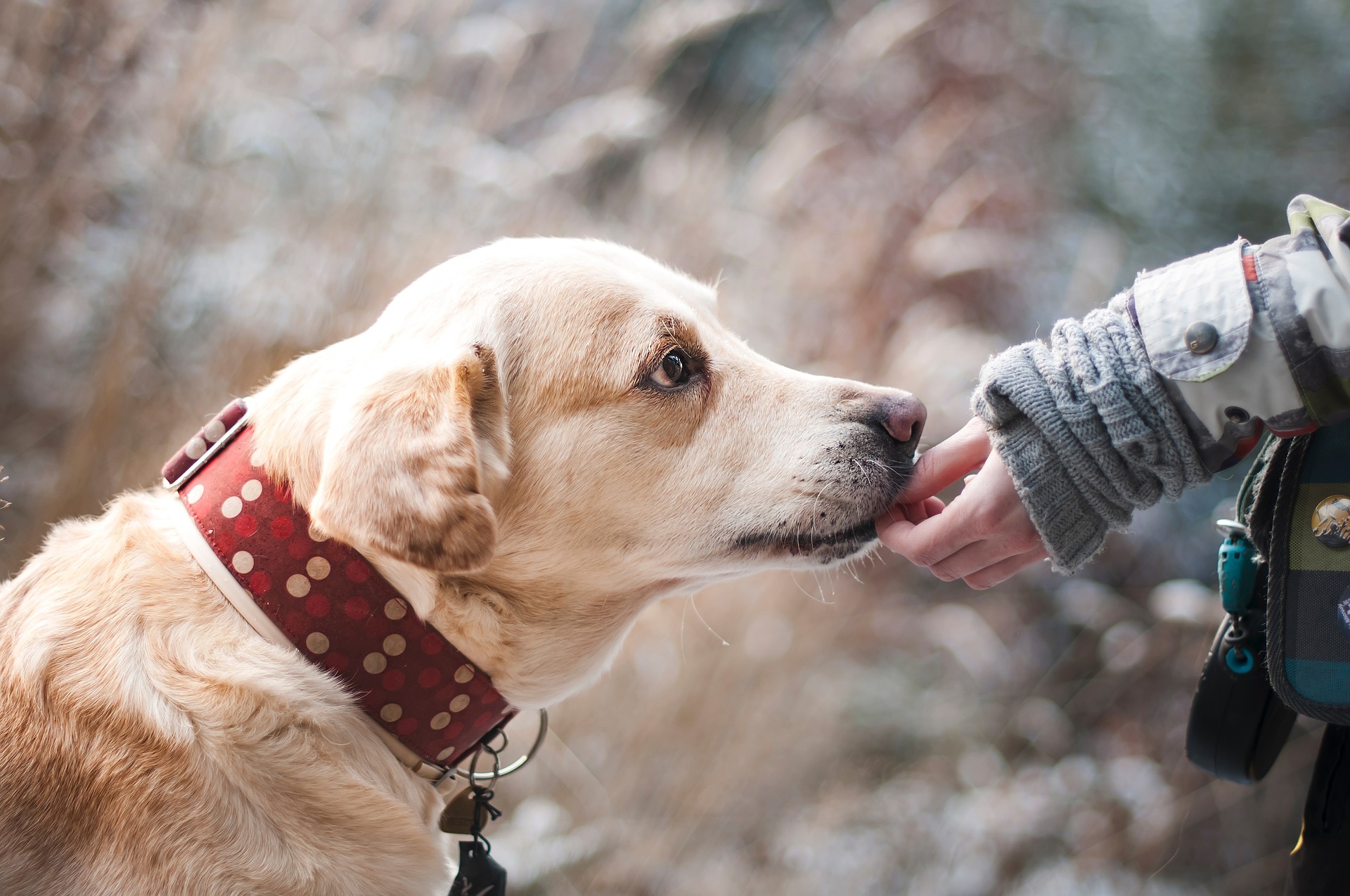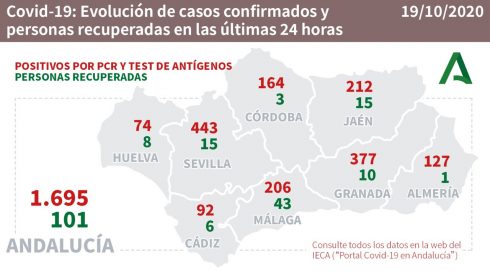BARCELONA’S Mossos d’Esquadra police force is training 400 dogs to detect COVID-19 in humans.
Dogs are great biosensors, capable of detecting odours associated with drugs, explosives and food and are now being used in practice for public health to detect diseases such as COVID-19.
Dogs are already working at Finland’s airports to detect the presence of the virus and have been recently incorporated in airport checks in Dubai, France, Germany and the United Kingdom.
According to researchers running Helsinki’s pilot scheme, a dog is capable of detecting the presence of the coronavirus within 10 seconds and the entire process takes less than a minute to complete.
Their handlers ensure that the dogs’ reliability is strong as a PCR test. It takes about one minute for the animals to smell the samples and another 10 seconds to confirm the result.
In Helsinki airport, if a passenger is detected as positive by the dog, the passenger is asked to undergo a confirmatory PCR test.
The initiative in Finland claimed some of the trained animals were able to detect positive cases seven days before the disease became symptomatic.
The scheme has now reached Barcelona, where 400 dogs are being trained to detect COVID-19 in human beings.
Josep Peris, former head of the Mossos d’Esquadra, has launched this project under the name ‘K-anary’.
All the canines that form part of the ‘K-anary’ team have been found in dog shelters where they were abandoned.
Which is why, according to Peris, the animals selected are not a ‘specific breed.’
However, in order to be selected the dogs had to fulfil a series of characteristics. Firstly they needed to be between two and four years old and then pass and initial test where ‘their curiosity or their capacity for activity’ was observed.
Training takes approximately one month, after which the canines are able to detect the virus in about 200 individuals per hour.
The team of professionals at ‘K-anary’ work with urine or sweat samples.
“The dog smells the person’s sweat or the trace of urine and is able to detect whether the person in question is infected or not”, said Peris.
“We already have six dogs with which we are going to start working as soon as the Generalitat gives us permission to collect COVID-19 samples in the hospitals (blotting paper with the remains of sweat from affected patients).”
“Everyone is receptive because, given the current situation, it seems necessary to have cheaper systems for detecting people who are infected,” said Peris.
According to researchers running Helsinki’s pilot scheme, dogs are also able to identify COVID-19 from a much smaller molecular sample than PCR tests.
Research shows that dogs only need 10-100 molecules to detect the presence of the virus compared with the 18m needed by laboratory equipment.











